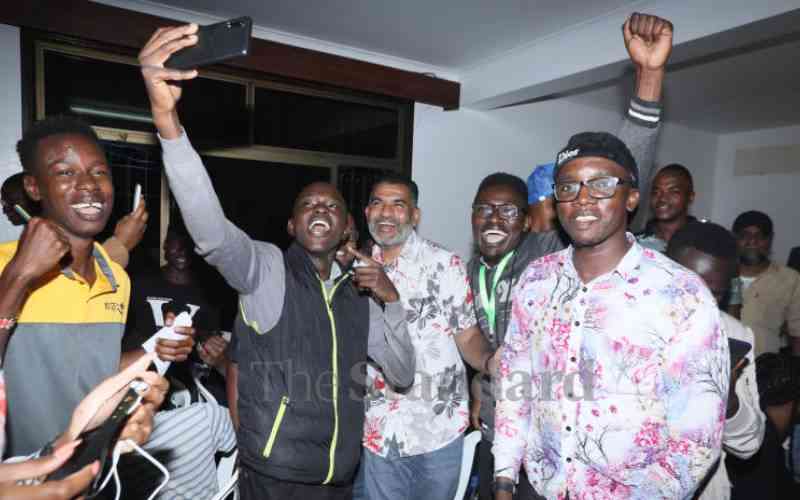×
The Standard e-Paper
Stay Informed, Even Offline

As Mombasa Governor Hassan Joho's 10-year tour of duty ends, focus shifts to the bulging in-tray for the incoming county chief Abdulswamad Nassir.
On Tuesday, August 30, Nassir of ODM won after garnering 119, 083 votes, beating his close challenger Hassan Omar of United Democratic Alliance (UDA) who got 97, 108 votes.